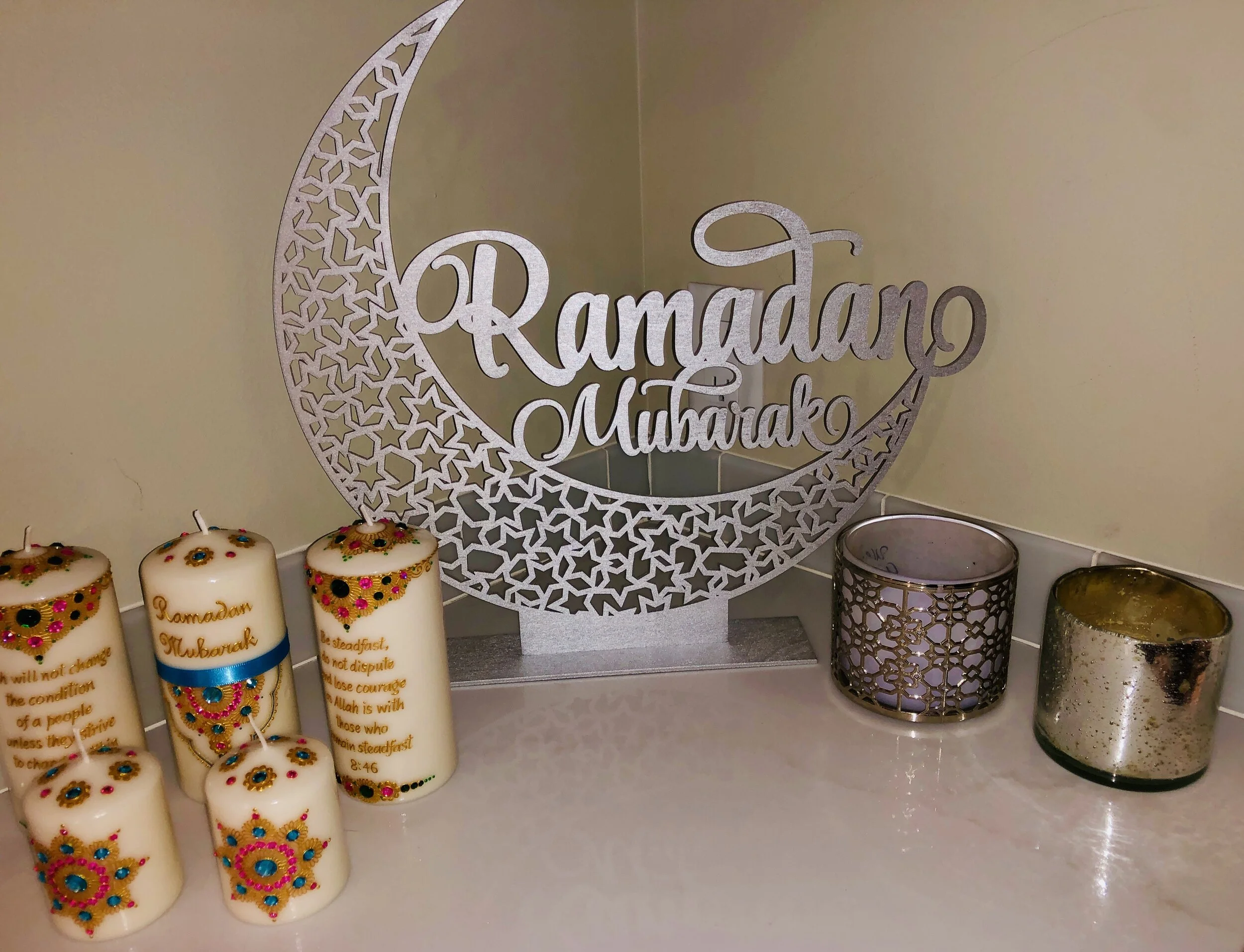The Instagram Activists
During the Progressive Era, a platoon of journalists, known as the muckrakers, exposed many of the rampant inequalities plaguing American society. While President Roosevelt’s reforms were often derived from their work, he portentously warned that “the man who did nothing else was certain to become a force of evil.” Frustrated that these journalists criticized but did not take action, Roosevelt expressed his distaste for the muckrakers’ “indiscriminate assault” on American society.
As unrest has spread across the nation following a troubling series of racial incidents, I’ve seen hundreds of Instagram stories proclaiming “Justice for George,” chastising the president for his disheartening response, and supporting the Black Lives Matter movement.
Undeniably, the wave of social media advocacy has been refreshing and has generated essential awareness that’s perhaps drawn in otherwise apathetic bystanders.
But the incessant cascade of posts and stories declaring vague statements like “I’m not black, but I see you” in the past few days feels redolent of the muckrakers’ “indiscriminate assault'' that Roosevelt maligned. Of course, it’s great to promulgate that we need to be anti-racist and that we stand with African Americans, but unfortunately, tackling racism isn’t that simple.
That’s because racism operates in covert ways, which require commitment and persistence to effectively address.
As an Indian American teenager, I can attest to racism’s concealed existence, despite being raised in fortunate and well-protected circumstances. Sometimes, it’s through grotesque Indian stereotypes and Islamaphobic statements, like when friends would yell Allahu Akbar at the sound of a loud bang. But more commonly, it comes through small comments and barely-discernible attitudes. These microaggressions have forced me to question my identity and consider whether I can truly be part of the American fabric.
My struggles pale in comparison to some of the racially-derived obstacles I witnessed growing up in a low-income New York City suburb. The predominantly Hispanic and black student body lacked access to many resources that students in predominantly white, affluent districts — like the Westchester school district where I finished my last three years of high school — have at their disposal. In my previous district, race was the cause of wealth inequality and a subsequent lack of educational resources, thus creating a self-perpetuating cycle wherein being black or Hispanic reinforced dehumanizing glass ceilings.
These struggles are not broadcasted because they’re not obvious. Yet these are the types of challenges that prolong minority struggle, and defeating them calls for sustained commitment.
The social media response following the murder of George Floyd is nothing new: my generation’s norm in the wake of catastrophes is that we repost, change our profile pictures, and maybe even upload a picture from a protest.
However, that course of action — known as hashtag activism — is often superficial, self-serving, and performative. It can take the shape of checking a box, and it allows many teenagers to tell the world, “Hey look, I’m woke!” But in 24 hours — when the stories disappear or the posts tumble down the feed — tragedies fade into oblivion. This is not necessarily surprising given us teenagers’ inadequate executive function and short attention spans, but it prevents indefatigable movements for systemic change from materializing.
Challenging established racism extends far beyond a single post or ambiguous, noncommittal declarations. Rather, it requires removing politicians who advocate for and capitalize off of racism, along with a fundamental understanding of history, modern stories, and the unsung ways that racism often operates in America today — a process that is time-consuming and arduous.
As I recently discussed with a white friend who wanted to genuinely contribute, that means voting, reading, and engaging with members of one’s community in order to acknowledge one’s privilege and stamp out others’ inherent prejudices. However, while my generation loves to be rah-rah and show that we’re woke, statistically we don’t vote; we despise reading — instead, we see Twitter and Reddit as the springs of our truths, leaving us with a false sense of knowledge and a concerning superficiality in our analysis; and we have trouble facing our neighbors.
These are areas we have to step up in if we want to channel this momentum into real change. We must ask ourselves: when the protests stop and racism returns to the shadows as America’s inconspicuous demon, will we still be pushing forward feverishly, or will we once more be complicit and willfully ignorant towards a system that affords many of us privilege while simultaneously marginalizing our brothers and sisters? Countless innocent citizens shouldn’t have to die for us to open our eyes, only to close them again.


